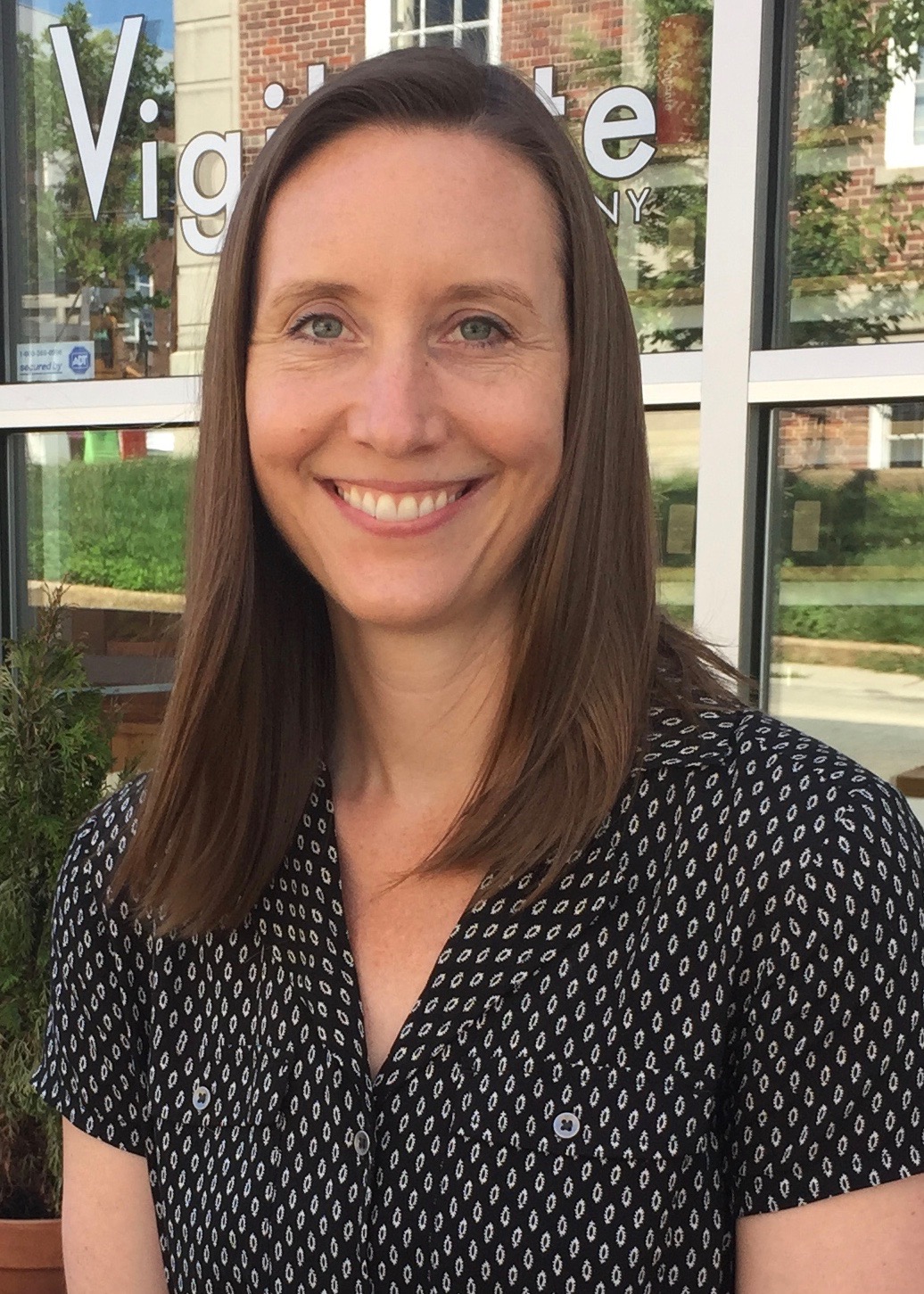
SCSB Colloquium Series: A social-interactive neuroscience approach to understanding autism
Description
Wednesday, October 24, 2018
Time: 4:00 pm-5:00 pm, followed by reception
Speaker: Elizabeth Redcay, Ph.D.
Affiliation: Associate Professor of Psychology, University of Maryland.
Host: Rebecca Saxe, Ph.D.
Talk title: A social-interactive neuroscience approach to understanding autism.
Abstract: Difficulty with reciprocal social interaction is a core diagnostic feature of autism spectrum disorders (ASD) but the specific neural systems underlying these difficulties remain unclear. Dominant theories suggest a role for social-motivational and social-cognitive brain networks; however, these theories have been tested primarily using non-interactive (“offline”) tasks in which participants are not engaged in social interaction. In this talk, I argue that this “offline” approach presents a barrier to our understanding of the neural mechanisms underlying social interaction in autism. Through a series of studies, I demonstrate that social-interactive context changes the way social stimuli are processed. Specifically, the perception of an online social partner leads to spontaneous recruitment of the brain’s mentalizing network even without explicit demands to reason about the partner’s mental state (or “mentalize”). I then discuss current work using a social-interactive (“online”) approach to examine the role of social-cognitive and social-motivational brain networks in social interaction in typically developing and ASD children.

